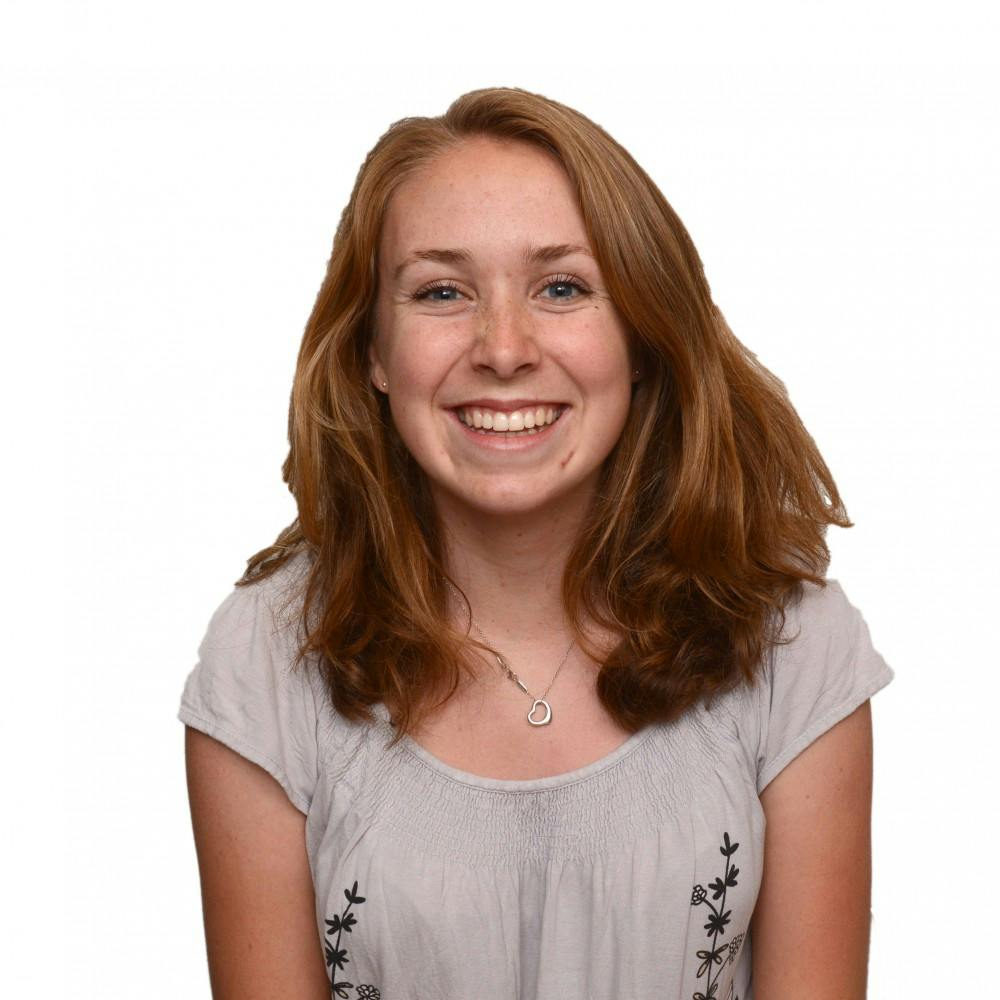I was struck by something Alec Baldwin said near the end of his talk at Penn on Friday. When asked what advice he would give to college students, Baldwin immediately replied that we ought to travel, to explore the world when we are single, young and free. Yet he also pointed out the contradiction at the heart of this advice, which had manifested itself in his own life: “When I was young I had the time to travel but didn’t have the money, and now I have the money but I don’t have the time.”
This quote came into my head the other day when my parents recommended that I start setting aside money for retirement. My first instinct was to laugh, because the mere thought of retirement was foreign to me: I am only twenty years old. I just secured my first post-college job. I inhabit a world filled primarily with people under the age of twenty-three, with the responsibilities, concerns, interests and conversations that people under the age of twenty-three typically have.
However, I sobered up pretty quickly when I realized that my parents weren’t kidding. After all, if you want to be able to retire sometime in middle age, say, around 55 or 60, and have enough to live on comfortably for the rest of your life — if you want to travel and raise children and do the things on your bucket list you’ve always dreamed of doing — it never hurts to start saving money at a fairly young age.
Yet the notion of creating a retirement fund for myself before even beginning my first job was jarring to me. It was weird to think about setting aside money for “the rest of my life” when, in many ways, I and many other students are just beginning our lives — our independent lives, that is. I felt the urge to say something like, “Wait, but I just got here! I’m just beginning to come into my own as an adult, and now I have to ensure the well-being and happiness of my future self at 60 and 70 and 80 years old.”
There is a way in which we are always working for the future, and it is the strange poignancy of that truth that is at the heart of Baldwin’s advice. You work hard when you’re single and young and free and full of dreams in order to secure your future. Yet when you reach that future, chances are you’ll be married, or will have children or will have less energy and drive due to age. You’ll have different priorities, you’ll have different things to worry about, you’ll have different pulls on your time and on yourself. And so where does that imagined future, that future we dreamed of when we were young, go?
If we are always working for the future, it’s easy to feel that our dreams are always being deferred — that life itself is being deferred. How many times have I said to my friends and family, “Once the semester’s over, then I’ll finally be able to relax”? How many times have I heard people say, “I’m going to go into investment banking, but only for a couple years — I just want to make enough money so I can quit and do what I actually want to do”?
How, and when, do we get to the point where we’re able to do what we actually want to do? How can we balance using the present moment as a way to obtain the future we want while living in the present and enjoying it, appreciating it, for what it is? How can we simultaneously live for and dream for ourselves at the age of twenty and at the age of sixty? How can we reconcile the catch-22 at the very center of life: time — and timing?
As young adults, we are constantly told to enjoy our youth while it lasts. This is, without a doubt, the most common advice given by one’s elders. Yet, as young adults, we also become increasingly aware of the ways in which our youth is often spent striving towards the ideal of an always-escaping future.
It is difficult to imagine myself at age 60 or 70. I have no idea what that stage of life holds. Nor do I have an especially clear idea of what age 30 will look like. In this sense, the future is always escaping because it is always shrouded. And so I don’t have an answer to my own questions. But 70-year-old me would probably want 20-year-old me both to set aside money in a retirement fund and to be 20-year-old me, pursue my 20-year-old dreams. And I trust 20-year-old me to strike that balance.
EMILY HOEVEN is a College senior from Fremont, Calif., studying English. Her email address is ehoeven@sas.upenn.edu. “Growing Pains” usually appears every other Tuesday.
The Daily Pennsylvanian is an independent, student-run newspaper. Please consider making a donation to support the coverage that shapes the University. Your generosity ensures a future of strong journalism at Penn.
Donate








